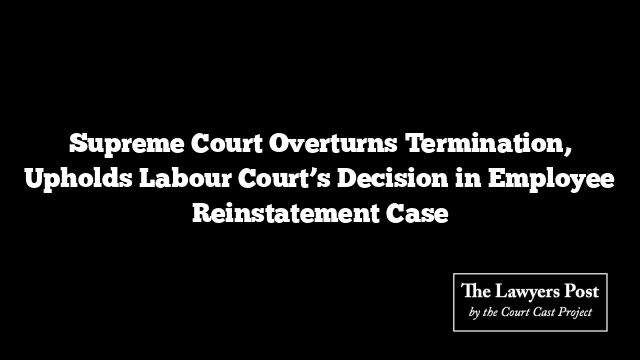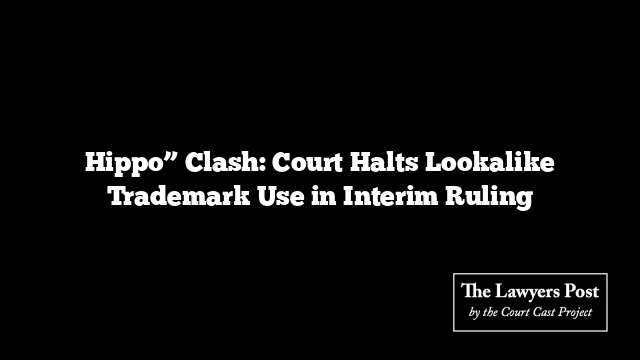In a landmark judgment, the Supreme Court emphasized the sanctity of factual findings by Labour Courts, stating they should not be overturned by Writ Courts without compelling reasons. This directive came as the Court reinstated an employee terminated due to disputes stemming from his estranged marriage.
The bench, led by Justice Hrishikesh Roy and Justice S.V.N. Bhatti, sided with the appellant, a former employee of the Kaiga Atomic Power Project, who was terminated in 2002 after allegations of misrepresentation.
The appellant had secured his role under a rehabilitation scheme for land-loser families after his father-in-law’s land was acquired in 1990. However, his marriage to the land-loser’s daughter, Smt. Ganga, fell apart in 1997, culminating in a divorce by mutual consent in 2001. Subsequently, the father-in-law alleged the appellant no longer qualified for employment under the scheme.
A departmental inquiry upheld these allegations, leading to his termination. The appellant sought relief under the Industrial Disputes Act, 1947. In 2012, the Labour Court ruled in his favor, affirming his initial eligibility under the scheme. However, this decision was later overturned by the High Court, which concluded that the appellant had misrepresented his eligibility.
The Supreme Court, in its recent decision, rejected the High Court’s reasoning, stating that it failed to adequately consider the evidence affirming the appellant’s marriage to Smt. Ganga. The judgment noted:
“The Labour Court’s factual findings, rooted in thorough evaluation of material evidence, should not be lightly disturbed by Writ Courts. The absence of compelling reasons in this case makes the High Court’s intervention untenable.”
The Court ordered the employee’s reinstatement within four weeks but denied back wages for the period between the High Court’s ruling in December 2020 and the date of reinstatement. However, it clarified that this period would count toward other service benefits.
The verdict not only reinstates the appellant but also reinforces the principle of deference to Labour Court findings, underscoring their critical role in ensuring justice in employment disputes.





